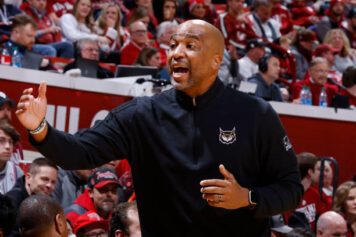Recently, Bill Maher tweeted that "March Madness really is a stirring reminder of what America was founded on—making tons of money off the labor of unpaid black people."
Although there are some parallels, college athletes do receive scholarships and are not forced to play. A more accurate comparison would be when a company builds a factory in an economically underdeveloped country, paying its workers pennies but making millions while claiming to be doing them a favor by providing a tremendous opportunity they wouldn't otherwise have.
Let's look at the facts: The NCAA is a $6 billion-a-year industry. Yes, that's billion with a "B." And as hall-of-famer Kareem Abdul-Jabbar pointed out on CNN last week, in 2013, CBS and TBS split $1 billion just off March Madness alone.
The average annual pay for coaches in this year's NCAA tournament field is $1.47 million. That's based on 62 of 68 schools in the field for which USA Today was able to obtain compensation figures.
Yet the NCAA continues to oppose paying college athletes, and in polls, most people share that opinion—but it’s hypocritical.
The popularity of the NCAA bowl games and March Madness continues to skyrocket, and so do the astronomical television deals and overall profits that come with that exponential growth. But players don’t share in the spoils, and the more money universities make, the more tightfisted they become.



